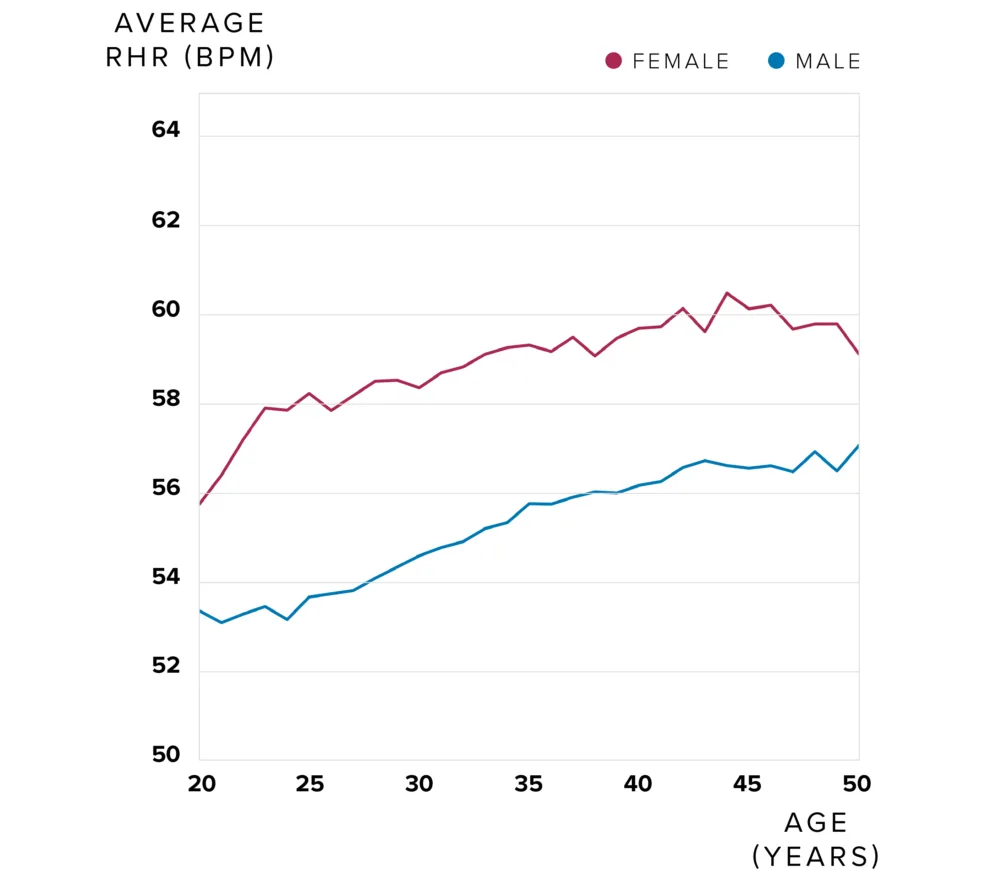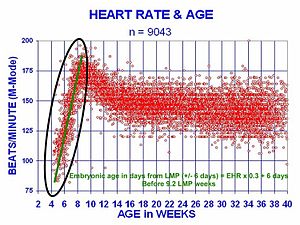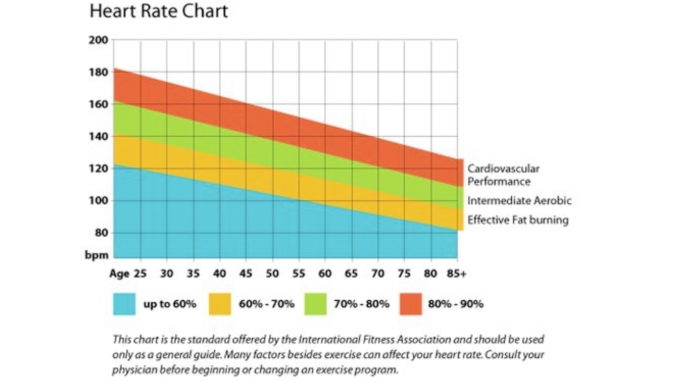What's a normal heart rate? Learn what your BPM means for your health
5 (686) In stock

A normal resting heart rate ranges from 60 to 100 beats per minute. Learn how to measure and lower heart rate as well as what factors can affect your heart rate.
Most people don’t think twice about what their heart rate is unless they’re experiencing distress or symptoms of a heart problem. However, it’s important to know what a normal heart rate should be, even if you don’t have heart problems. For adults older than 18 years of age, a normal resting heart rate should be between 60 and 100 beats per minute (bpm). Children ages 6 through 15 years should have a heart rate between 70 and 100 bpm. Let’s take a look at what these numbers mean, how to measure your heart rate, and what factors might cause your heart rate to go up or down.

How to lower your resting heart rate - Harvard Health
Why Knowing Your Normal Resting Heart Rate Is Important to Your Health
:max_bytes(150000):strip_icc()/Health-How-To-Check-Your-Heart-Rate-67f1e3c1f4a9494d9b165b8d34d0144e.jpg)
Average Heart Rate: What It Should Be and How to Measure It

What's a Normal Heart Rate for Women? [+How to Track It]

Normal Heart Rate for Kids Human Body Learning

Heart rate - Wikipedia

Normal Heart Rate By Age: Range, Charts And More – Forbes Health

Understanding Resting And Maximum Heart Rate - FloTrack
:max_bytes(150000):strip_icc()/VWH_Illustration_How-to-Measure-Resting-Heart-Rate_Danie-Drankwalter_Final-68133f7fa9ea49b8af6d0db55f1a5cd2.jpg)
How to Check Heart Rate: Methods, Tips, & Results

Normal Heart Rate By Age: Range, Charts And More – Forbes Health

Resting heart rate – definition, impacting factors & how to check it
Heart Rate Variability Based Training by Jason Winegar - Athletic Lab
Medanta Tips to Keep Your Heart Rate Under Check
Categorization of Fitness through Resting Heart Rate [14] Resting
 Only 45.00 usd for Thunder Hi 149 hollow lights polished team trucks 8.5 Online at the Shop
Only 45.00 usd for Thunder Hi 149 hollow lights polished team trucks 8.5 Online at the Shop- Wild Fable Knit sweater vest
 EHTMSAK Womens Seamless Bra Push Up Unpadded Lace Full Coverage Underwire Bras Plus Size Bra for Heavy Breast White 44C
EHTMSAK Womens Seamless Bra Push Up Unpadded Lace Full Coverage Underwire Bras Plus Size Bra for Heavy Breast White 44C Wacoal Women's B Smooth Bralette 835575
Wacoal Women's B Smooth Bralette 835575 Kendall Jenner Explains Why She Doesn't Wear Bras, Kendall Jenner
Kendall Jenner Explains Why She Doesn't Wear Bras, Kendall Jenner Debenhams Non-wired Bra Natural Lift Soft Cups Multiway UK 36DD EU 80DD A332
Debenhams Non-wired Bra Natural Lift Soft Cups Multiway UK 36DD EU 80DD A332
